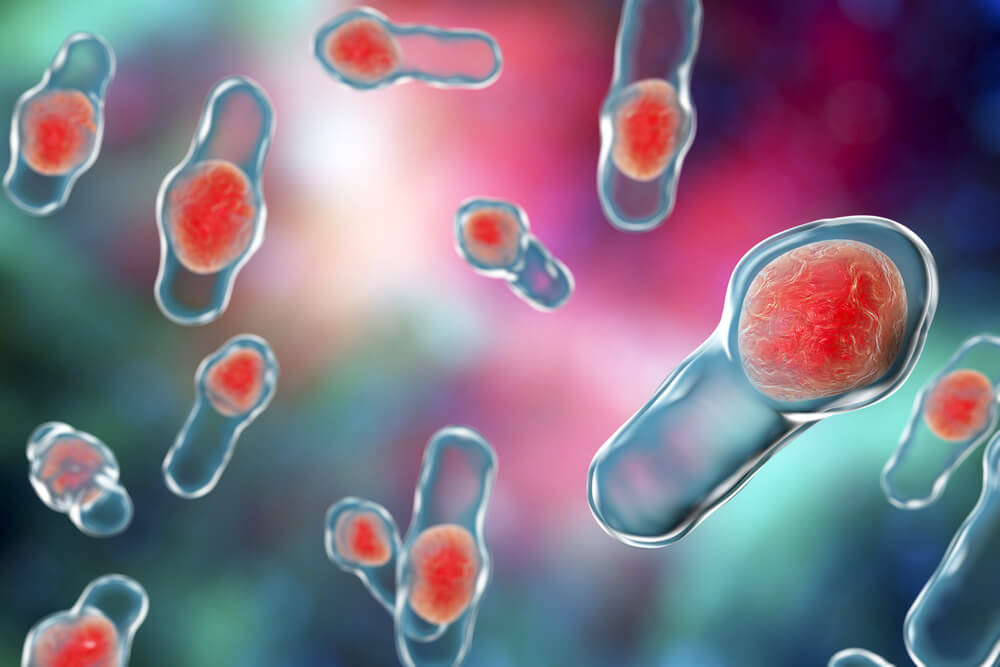SYMPTOMS
A few people carry the bacterium Clostridium difficile in their digestive tract but never become ill; however, they may spread the infection once in a while. Signs and manifestations are normally felt within 5 to 10 days after beginning a course of antimicrobials, which may happen in days or as long as two months.
Mild to moderate infection
The usual signs and manifestations of mild to moderate infection are:
- Watery stools
- Abdominal cramping
Severe infection
Individuals with a significant infection appear to get dehydrated and will need to be admitted. The colon can become inflamed and frequently produce crude tissue patches that can cause bleeding or contain pus. The difficult signs and manifestations of severe disease include:
- Watery loose bowels 10 to 15 times each day
- Stomach squeezing and discomfort, which might be serious
- Fast pulse
- Fever
- Blood or discharge in the stool
- Vomiting
- Dehydration
- Loss of hunger
- Decrease in weight
- Swollen stomach
- Kidney failure
- Increased count of white blood cells
Serious Clostridium difficile colitis may likewise cause extreme intestinal aggravation, expansion of the colon, and sepsis. Individuals who have these conditions are frequently admitted to the emergency unit.


